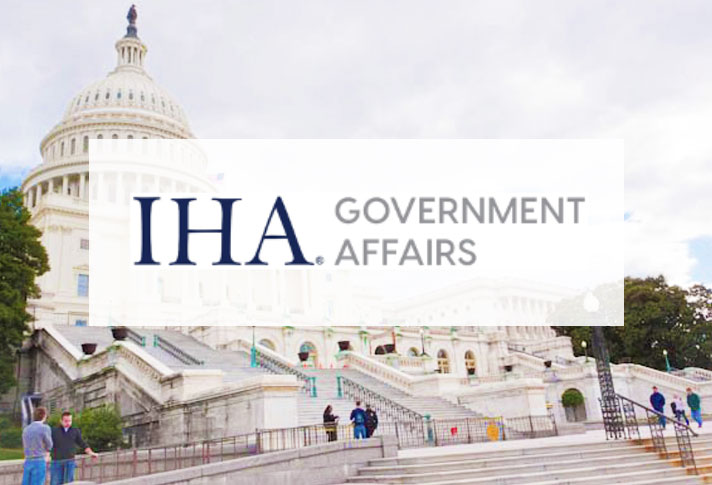On Sept. 13, the Biden administration announced new actions to “crack down on de minimis shipments with unsafe, unfairly traded products.” Under current law, imported items are eligible for a de minimis exemption that allows shipments of foreign goods valued at $800 or less to avoid tariffs and undergo little to no inspection.
Over the last 10 years, shipments entering the U.S. claiming the de minimis exemption have grown from 140 million a year to more than 1 billion which is mostly attributable to e-commerce goods from China. Thus, the Biden administration is proposing a new rule to subject de minimis shipments to trade restrictions under Sections 301 and 201 of a 1974 trade law and 232 of a 1962 trade law.
As explained by the administration, a rule will be proposed to require specific, additional data for de minimis shipments—including the 10-digit tariff classification number and the person claiming the de minimis exemption—which will improve targeting of de minimis shipments and facilitate clearance of lawful de minimis shipments. The proposed regulatory changes will also clarify who is eligible for the exemption and require filers to identify the person on whose behalf the exemption is being claimed.
The purpose of these requirements is to help U.S. Customs and Border Protection (CBP) protect consumers from goods that don’t meet health and safety standards and protect U.S. businesses from unfair competition against imported goods that would otherwise be charged duties or restricted from entry. In addition, Consumer Product Safety Commission (CPSC) staff intend to propose a rule requiring importers of consumer products to file Certificates of Compliance (CoC) electronically with CBP and CPSC at the time of entry which will include de minimis shipments.
Barring de minimis exemptions from countries subject to Sec. 301 tariffs will impact numerous products and particularly fast-fashion items. Sec. 301 tariffs currently cover about 40% of U.S. imports, including 70% of textile and apparel imports from China, but some e-commerce platforms circumvent these tariffs by shipping items from China to the U.S. claiming the de minimis exemption. If finalized, the new rule will mean these goods would no longer be eligible for the exemption.
The Biden administration also urged Congress to pass legislation for tighter restrictions on the de minimis exemption by the end of the year, saying its proposed rule doesn’t go far enough and must be augmented by statutory language. This request generated bipartisan support on Capitol Hill with House Ways and Means Committee Chairman Jason Smith (R-MO) praising the proposed restrictions.
In addition to possible congressional action on de minimis imports, a bipartisan bill is being positioned for the next Congress that would further thwart counterfeits. The Stopping Harmful Offers on Platforms by Screening Against Fakes in E-Commerce Act (SHOP Safe Act) is sponsored by Reps. Darrell Issa (R-CA) and Gerald Nadler (D-NY) and would supplement the INFORM Consumers Act.
Enacted with IHA’s support, the INFORM Consumers Act requires e-commerce platforms to verify the identity of high-volume sellers as defined by 200 or more discreet sales in a 12-month period amounting to $5,000 or more. The SHOP Safe Act, which is supported by the National Association of Manufacturers (NAM), would go further by holding e-commerce platforms liable for counterfeit products sold on their platforms unless they take a specific set of preventative measures.



